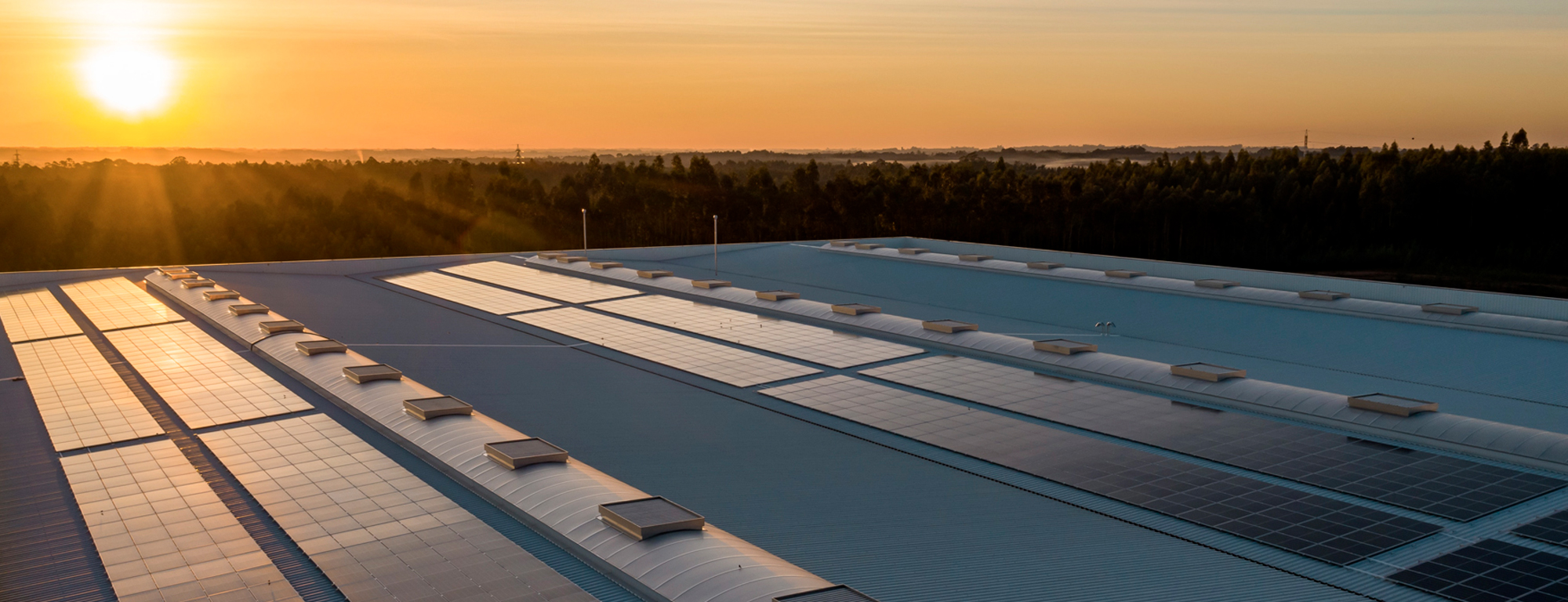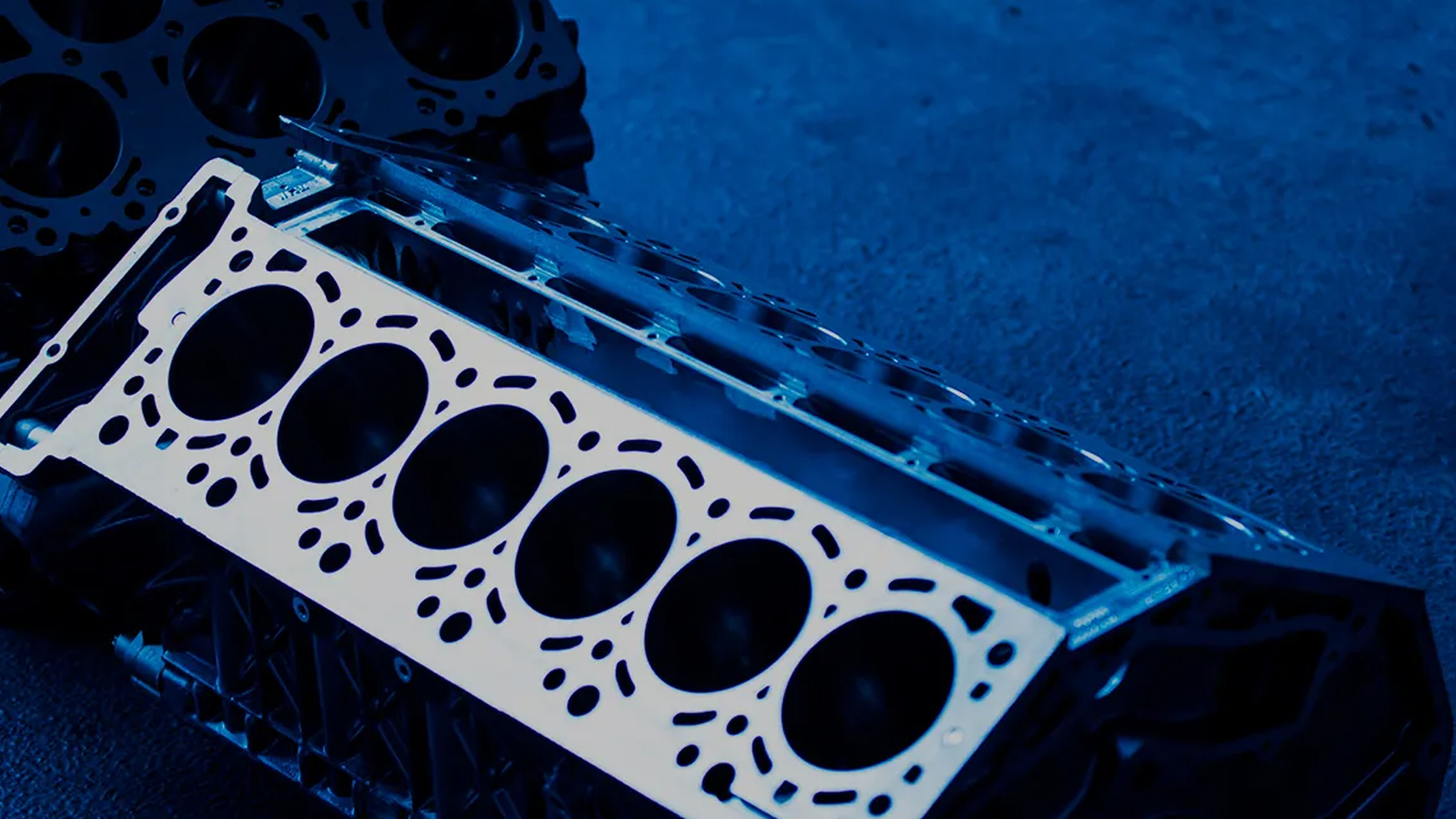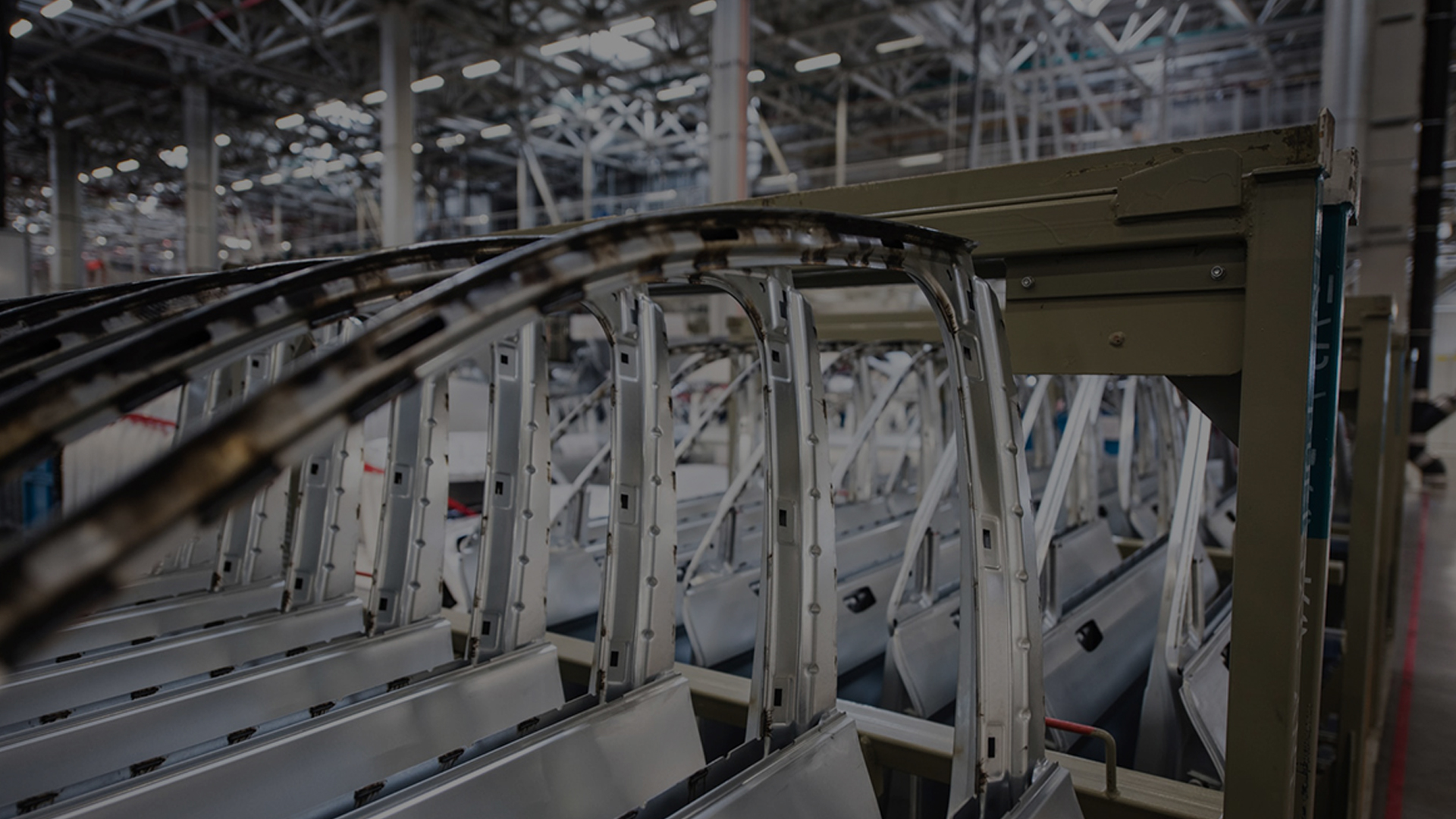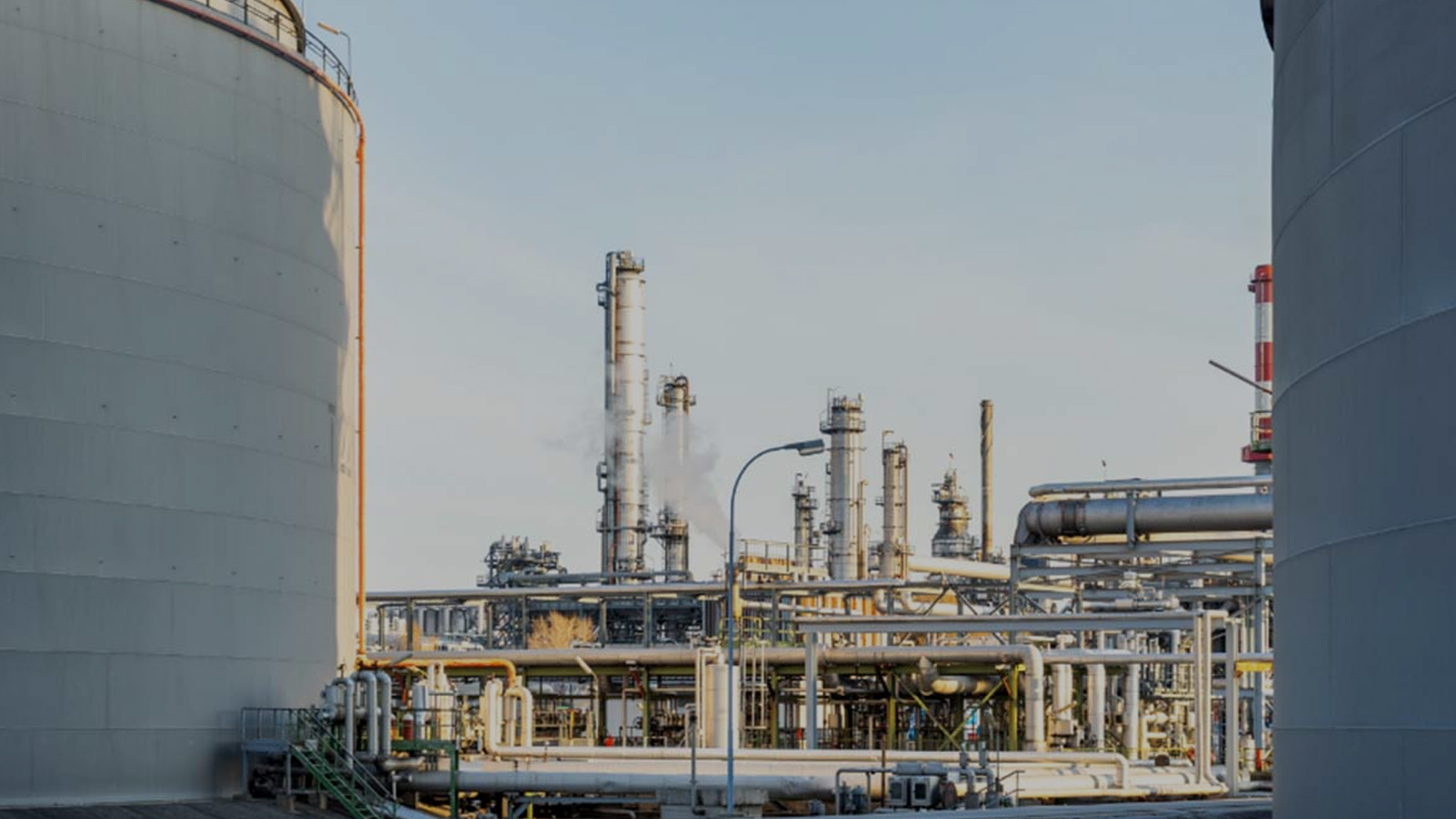The manufacturing of solar panels is a complex process that involves multiple stages and technologies. Solar panels, also known as photovoltaic modules, are made up of solar cells that convert solar energy into electricity.
The manufacturing process begins with the selection and preparation of the materials used in the construction of the solar cells. The most common materials are silicon, which is extracted from sand and purified to high purity, and conductive materials, such as silver or copper, used to connect cells.
What materials are used to make solar panels?
To manufacture solar panels, it is necessary to have the following components and equipment:
- Solar cells: Solar cells are the main component of solar panels and are responsible for converting sunlight into electricity.
- Support Frame: The support frame holds the solar cells in place and protects the panel from mechanical damage.
- Glass: Glass protects the solar cells from weather and damage.
- Laminating and sealing: Laminating and sealing protects the solar cells and the support frame against moisture and dust.
- Cables and Connectors: The cables and connectors connect the solar cells and transmit the generated electricity.
In addition to components, it is also necessary to have specialized equipment to assemble and manufacture solar panels, including welding machines, laser cutting, drilling, and laminating equipment. It is important to note that solar panel manufacturing is a specialized, technical process that requires specialized knowledge and skills, as well as access to high-quality equipment and materials.
Industrial solar panels, processes and equipment necessary for their manufacture
- Cutting the raw material
- Solar cell lamination
- Assembly of solar cells
- Encapsulation
- Wiring and testing
- Framed
The entire process must be carried out by professionals to ensure that all steps are carried out with precision and quality guarantees in the manufacture of solar panels.
How long can a solar panel last?
The durability of solar panels depends on several factors, such as the quality and type of panel, exposure to weather elements, and the energy efficiency of the system. In general, high-quality solar panels have a useful life of 25 to 30 years or more. It is important to note that the energy efficiency of solar panels can decrease over time, but in general, solar panels continue to produce electrical energy at an acceptable level for many years after their rated useful life.
Innovations in the manufacture of solar panels to make them more efficient
- Bifacial solar panels
- Multi-junction solar cells
- Concentrating solar panels
- Thin film technology
- Organic solar panels
- Quantum dot technology
How is the quality of solar panels guaranteed during manufacturing?
Quality assurance is a critical aspect in the manufacture of solar panels, as it ensures that the panels meet the specifications and quality standards required to guarantee their long-term operation and durability. Some of the techniques and measures used to guarantee the quality of solar panels during their manufacture are the following:
- Visual inspection
- Electrical tests
- Stability tests
- Performance testing
- Certifications and standards
- Quality control in the supply chain
Countries that manufacture solar panels
Among the main countries where there is a greater presence of the solar panel industry are China, Germany, the United States, India and Japan.
China: China is the world’s leading producer of solar panels with a broad base of suppliers and manufacturers.
Germany: Germany is a major research and development center in the solar panel industry, with a large number of companies specializing in the manufacture of solar panels.
United States: The United States is a major market for solar panels and has a growing solar panel manufacturing industry.
India: India is a major emerging market for solar panels and is investing in solar panel manufacturing to meet its growing demand for renewable energy.
Japan: Japan is a major market for solar panels and has a well-developed solar panel manufacturing industry.
What happens to solar panels when there is no sun?
If there is no sun, solar panels cannot produce electricity. Solar panels work thanks to the energy of the sun, so there is no power available at night or on cloudy days.
However, this does not mean that solar systems are inactive during these periods. Most solar systems are designed to store the energy that is produced during the day in batteries or in the electrical grid, so that it can be used when there is no sun. This means that even though the solar panels are not producing power at the moment, the system can still provide electricity for the electrical needs of the house or building.
If you want to be informed of all the news we have at Pinexports, you can subscribe to our newsletter.





